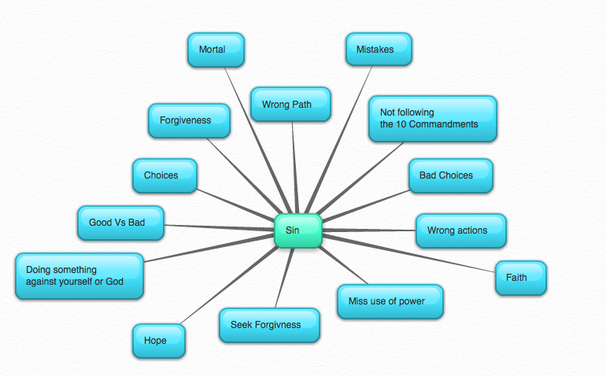The goodness of God can be found in all of His relationships with His creatures. He has attributes of goodness which can be found in moral purity, integrity, and love.[1] By moral purity, I believe that God is absolutely free from anything wicked or evil. He is a holy God who is unique and separate from all His creations. Another aspect of God’s holiness is His absolute purity or goodness which means that He is untouched and unstained by the evil in the world. God’s holiness is emphasized throughout the whole Bible. Another dimension of God’s moral purity is His righteousness. It is God’s holiness applied to his relationships with other beings. I believe that the righteousness of God means that the law of God is a true expression of His nature. The righteousness of God also means that his actions are in accord with the law that He himself established. God’s justice means that He himself acts in conformity with His law and He also administers His kingdom in accordance with it. He requires that others also conform to the law and He administers His law fairly, not showing favoritism or partiality.
God’s attribute of integrity relates to the matter of
truth. I believe that God’s genuineness means that He is real and is not
fabricated or constructed or imitated. I also believe in divine veracity which
means that God represents things as they really are. God does not and will not
lie and He cannot lie since lying is contrary to His very nature. I believe
that the omniscience of God combines with His veracity to guarantee the truth
of everything He tells us. God is also faithful and He keeps us all His
promises. He has unlimited power and He can do everything He says that He will
do. I believe that benevolence is a basic dimension of God’s love which means
that He has a concern for the welfare of those whom He loves. God’s love is
unselfish and self-giving. God deals with His people not on the basis of their
merit or worthiness but he deals with them on the basis of His goodness and
generosity according to their needs. This is the attribute of the grace of God.
Another aspect of God’s love is His mercy which sees people with compassion.
God is also persistent with people which results in his patience when dealing
with His people.









